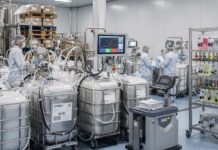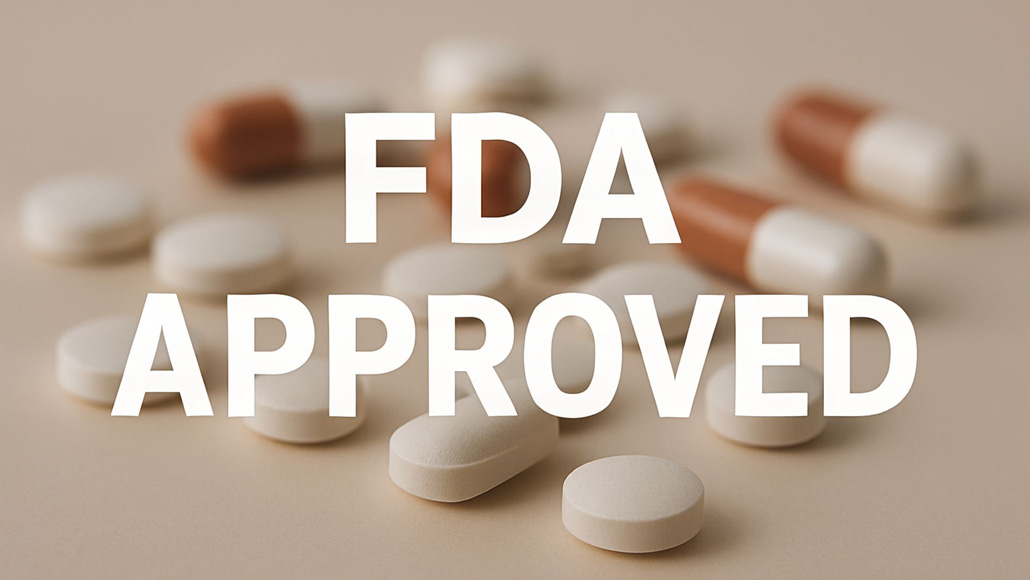Eli Lilly and Company has received U.S. Food and Drug Administration (FDA) approval for Inluriyo (imlunestrant, 200 mg tablets), an oral estrogen receptor antagonist. The therapy is indicated for adults with estrogen receptor-positive (ER+), human epidermal growth factor receptor 2-negative (HER2–), ESR1-mutated advanced or metastatic breast cancer (MBC) whose disease has progressed following at least one line of endocrine therapy (ET). In the Phase 3 EMBER-3 trial, Inluriyo demonstrated a 38% reduction in the risk of disease progression or death compared with ET. In ESR1-mutated MBC patients, treatment improved median progression-free survival (PFS) to 5.5 months compared to 3.8 months for fulvestrant or exemestane (HR=0.62 [95% CI: 0.46-0.82]; p=0.0008).
Inluriyo is directed against ER+, HER2–, ESR1-mutated MBC, or a type of breast cancer in which ESR1 mutations may make estrogen receptors excessively active, fueling tumor development. By binding to, blocking, and facilitating the degradation of these receptors, Inluriyo slows disease progression. Its once-daily, oral dosing provides a convenient option for patients.
“This therapy reflects our commitment to developing treatments that improve outcomes for people with breast cancer and represents an important step toward advancing innovative, all-oral treatment approaches,” said Jacob Van Naarden, executive vice president and president of Lilly Oncology. “We are deeply grateful to the patients, investigators, Lilly team members and clinical care teams who made this advancement possible. This therapy has the potential to make the treatment journey more manageable for those living with breast cancer.”
FDA approval for the breast cancer therapy was granted based on the EMBER-3 trial involving 256 patients with ESR1-mutated MBC. Participants received Inluriyo or ET either as first-line treatment following recurrence on an adjuvant aromatase inhibitor (AI), +/- prior CDK4/6 inhibitor therapy (21%), or as second-line treatment after progression on AI, +/- prior CDK4/6 inhibitors (79%).
“This represents an important advancement for patients with ESR1-mutated MBC, a mutation found in nearly half of patients who have taken hormone therapies, often contributing to treatment resistance,” said Komal Jhaveri, M.D., FACP, FASCO, section head of Endocrine Therapy Research and clinical director of Early Drug Development at Memorial Sloan Kettering Cancer Center, and a principal investigator of EMBER-3. “With its demonstrated efficacy, tolerability profile and oral administration, this therapy provides a meaningful alternative treatment option for this patient population.”
In the EMBER-3 trial, most adverse events (AEs) with Inluriyo breast cancer therapy were low grade (Grade 1-2). The most frequently observed reactions (≥10%), including laboratory abnormalities, were decreased hemoglobin, musculoskeletal pain, decreased calcium, decreased neutrophils, increased AST, fatigue, diarrhea, increased ALT, elevated triglycerides, nausea, reduced platelets, constipation, increased cholesterol, and abdominal pain. Treatment discontinuation due to AEs occurred in 4.6% of patients, while dose reductions and interruptions were reported in 2.4% and 10% of patients, respectively.
“The approval of Inluriyo expands the metastatic breast cancer treatment landscape for patients who test positive for the ESR1 mutation,” said Jean Sachs, CEO, Living Beyond Breast Cancer. “Eligible patients will now have access to an additional treatment option, offering them the potential for flexibility in their daily lives and disease management, and—above all—renewed hope for the future.”
Inluriyo is also being evaluated in the ongoing Phase 3 EMBER-4 trial for the adjuvant treatment of ER+, HER2– early breast cancer (EBC) in patients at increased risk of recurrence. This global study is enrolling approximately 8,000 participants.























